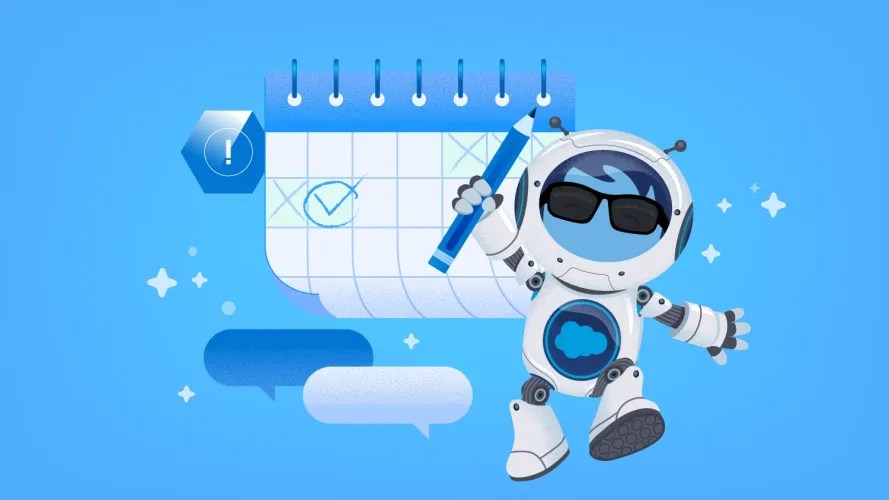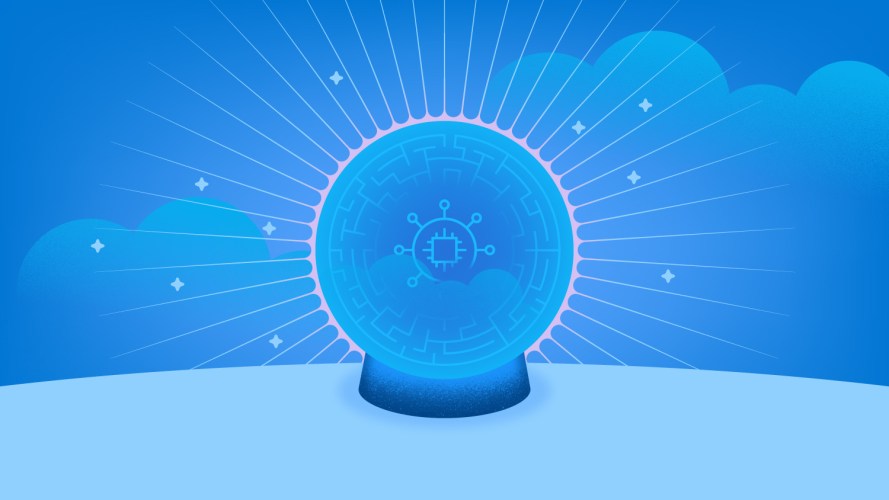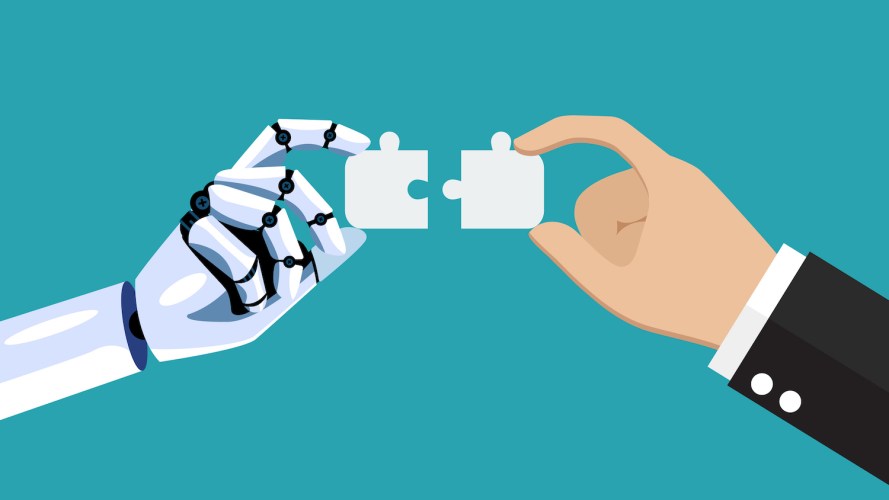Marketing is in the middle of a tectonic shift from the past decade of robust tech stacking to the adoption and efficiencies of AI. Your marketing teams can finally shift their focus from complex technology integrations and data management to what truly matters: creating meaningful content and campaigns. Welcome to the age of agentic customer engagement.
Marketing agents are driving this shift. Unlike customer service agents that typically handle one-to-one interactions, marketing agents excel at scaling human-approved content and strategies to reach thousands, or even millions of customers as an audience segment or a 1-to-1 persona. This amplification capability allows marketing teams to extend their reach while maintaining consistent quality and messaging across all channels.
AI agents can now handle the intricate backend work of connecting the right content with the right customer at the right moment, transforming how marketing teams operate and deliver time-to-market. This evolution has occurred, in part, due to rapid advancement of AI, which is revolutionizing how marketers engage with customers, analyze data, and make decisions.
Companies are upgrading their businesses thanks to these fast-moving advancements in AI. First came prompting output from large language models (LLM). Then came generative AI, enabling practitioners tooling from an application that filters proprietary data into natural language prompts. And now, agents.
The result is a more autonomous future where AI is proactive rather than reactive. Agents can reason and take action without requiring prompting at each step.
Here’s a deeper look at how agentic customer engagement will work.
Understanding how agentic customer engagement amplifies human expertise
The key to successful marketing agents lies in their ability to learn from human expertise, then take action on these insights at scale. Once marketers establish guidelines, approve messaging, and set strategic direction, agents can execute across multiple channels and audiences while staying true to the brand’s voice and values.
At Typeface, customers rely on the platform’s ability to securely learn brand tones, styles, and voices to translate into creative imagery. Ensuring asset integrity and harmonization, text, and videos that truly resonate with their brand.
We’re in the early days of agentic customer engagement. These are some skills agents could learn to support marketers:
Agentic content
They are powerful distribution engines, taking human-approved content strategies and adapting them for different channels and audiences while maintaining consistent messaging. They can scale the volume of content being created, enabling better personalized variations of imagery and copy. They can also learn from engagement metrics to optimize timing, formatting, and delivery methods for maximum impact.
Agentic campaign planning
Agents act as strategic partners, analyzing vast amounts of market data, competitor activities, and historical performance to recommend optimal campaign strategies. They can rapidly test and iterate on approved approaches across multiple channels simultaneously.
Agentic branding
Agents serve as vigilant brand guardians, monitoring brand presence across digital channels and providing real-time insights about market perception and opportunities. They help ensure consistent brand representation while identifying new ways to strengthen brand equity.
Agentic creative
Agents amplify creative teams’ capabilities by taking approved design concepts and adapting them across various formats and platforms. They maintain brand consistency while helping teams explore new creative directions efficiently.
D-I-Why? Deploy AI agents faster with Agentforce
Building and deploying autonomous AI agents takes time. Agentforce, the agentic layer of the Salesforce platform, can reduce time to market by 16x compared to DIY approaches — with 70% greater accuracy, according to a new Valoir report.



Agentic optimization
They function as tireless optimization engines, continuously fine-tuning approved campaigns across digital channels to maximize ROI. They can process complex data patterns and make real-time adjustments while staying within established parameters.
How the human-agent partnership will evolve
The introduction of AI agents doesn’t signal the end of human marketers – quite the opposite. The most effective implementation of marketing agents involves collaboration between human expertise and AI capabilities. It will empower them to accomplish use cases that were long thought of as too tedious or complex. Humans excel at understanding nuanced emotional contexts, developing creative strategies, and making complex ethical decisions. AI agents, meanwhile, can process vast amounts of data, execute repetitive tasks with precision, and operate 24/7.
For businesses, this partnership means marketing teams can focus on higher-level strategic thinking while agents handle operational execution. Marketers will evolve into “agent wranglers,” setting objectives, defining parameters, and ensuring AI systems align with business goals and brand values.
How the agent-to-agent ecosystem will work
Perhaps the most intriguing aspect of this new paradigm is the potential for agents to work together in coordinated systems. Imagine a content agent creating a blog post, which triggers a social media agent to develop promotional content, while a performance agent optimizes its distribution across channels. Meanwhile, a brand agent monitors reception and feedback, adjusting the strategy in real-time. All while the marketer provides strategic guidance and oversees performance and major decision-making.
This interconnected ecosystem of specialized agents could revolutionize marketing operations, creating seamless, responsive, and highly efficient marketing machines. For businesses, this means faster execution, better resource allocation, and more consistent performance across all marketing activities.
How marketers can prepare for the agent era
As we stand on the cusp of this new era in agentic marketing engagement, organizations and professionals should take several key steps:
- Start small but think big. Begin by implementing agents in contained, low-risk areas while developing a broader strategy for agent integration. Small POCs that can show incremental change will help garner buy-in from your organizations for future applications and investment.
- Invest in training. Ensure marketing teams understand how to effectively work with and manage AI agents.
- Develop clear governance frameworks. Establish guidelines for agent deployment, monitoring, and intervention protocols.
- Focus on data infrastructure. Ensure your organization has the necessary data architecture and sanity to support effective agent operations.
- Maintain human oversight. Create clear processes for reviewing and auditing agent activities and outputs.
The rise of AI agents in marketing represents not just a technological shift but a fundamental change in how marketing organizations operate. By embracing this change thoughtfully and strategically, businesses can use the power of AI agents while maintaining the human creativity and strategic thinking that drives marketing success.
Discover Agentforce for Marketing
Agentforce provides always-on support to employees and customers. Learn how it can help your company today.



































